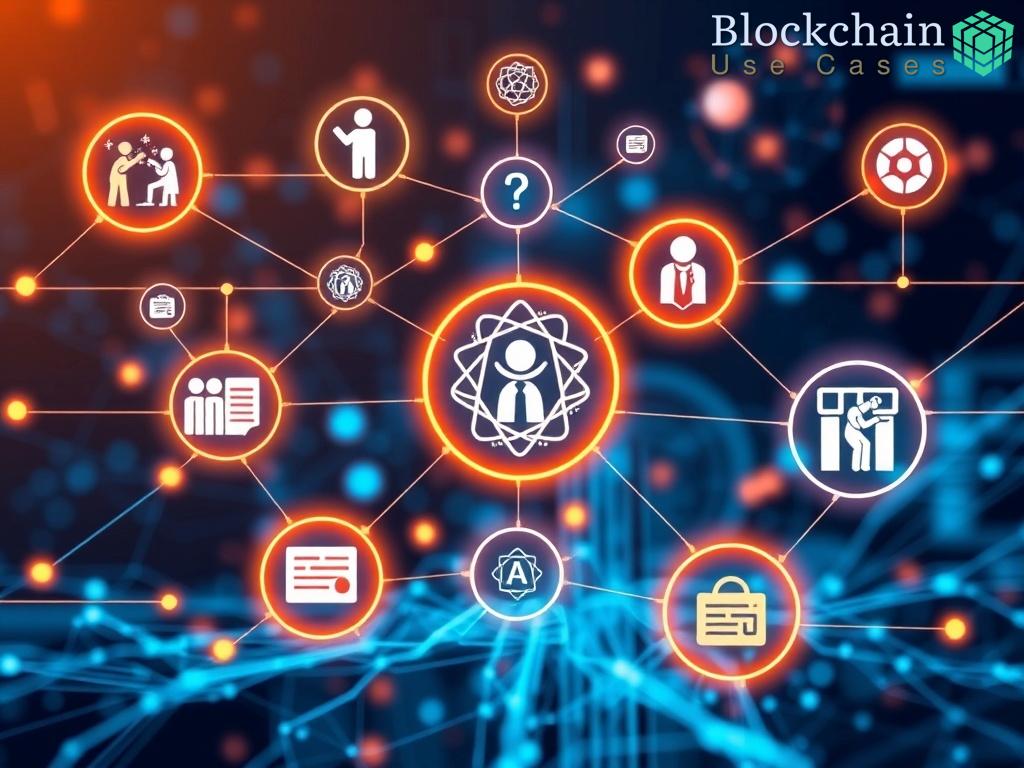The Paradigm Shift: Decentralization in Education

In an era characterized by rapid technological advancements, the educational landscape is undergoing a significant transformation. The concept of decentralized systems emerges as a beacon of innovation, promising to enhance the management of global student exchange programs. By leveraging blockchain technology and decentralized networks, institutions can streamline processes, increase transparency, and foster greater student mobility across borders.
Benefits of a Decentralized Framework
Implementing decentralized systems offers a myriad of advantages that traditional methods struggle to achieve. These benefits not only address the logistical challenges of student exchanges but also promote inclusivity and security. Below is a concise overview of the key benefits:
- Enhanced Transparency: Decentralization allows for open access to data, ensuring that all stakeholders, including students, institutions, and governments, can verify and track information without the risk of manipulation.
- Improved Data Security: Utilizing blockchain technology fortifies the security of sensitive information related to student records, reducing the likelihood of data breaches.
- Streamlined Processes: Smart contracts can automate various administrative tasks, such as application processing and financial transactions, allowing for quicker and more efficient program management.
- Global Accessibility: Decentralized platforms can facilitate access for students from various backgrounds, making exchange opportunities more equitable and widespread.
Case Studies: Successful Implementations
Several educational institutions have begun to experiment with decentralized systems, yielding promising preliminary results. For instance, universities in Europe have partnered with blockchain startups to create a digital identity system that allows students to carry their academic records securely across borders. Additionally, pilot programs in Asia have demonstrated how smart contracts can simplify the scholarship application process, reducing administrative overhead and encouraging more students to participate in exchange programs.
As we move forward, it is imperative for educational leaders to consider the adoption of decentralized systems not merely as a technological upgrade, but as a foundational shift in how we perceive and manage global education. The potential for a more interconnected, transparent, and efficient framework stands to benefit not only institutions but the students themselves, paving the way for a more inclusive global educational experience.


















